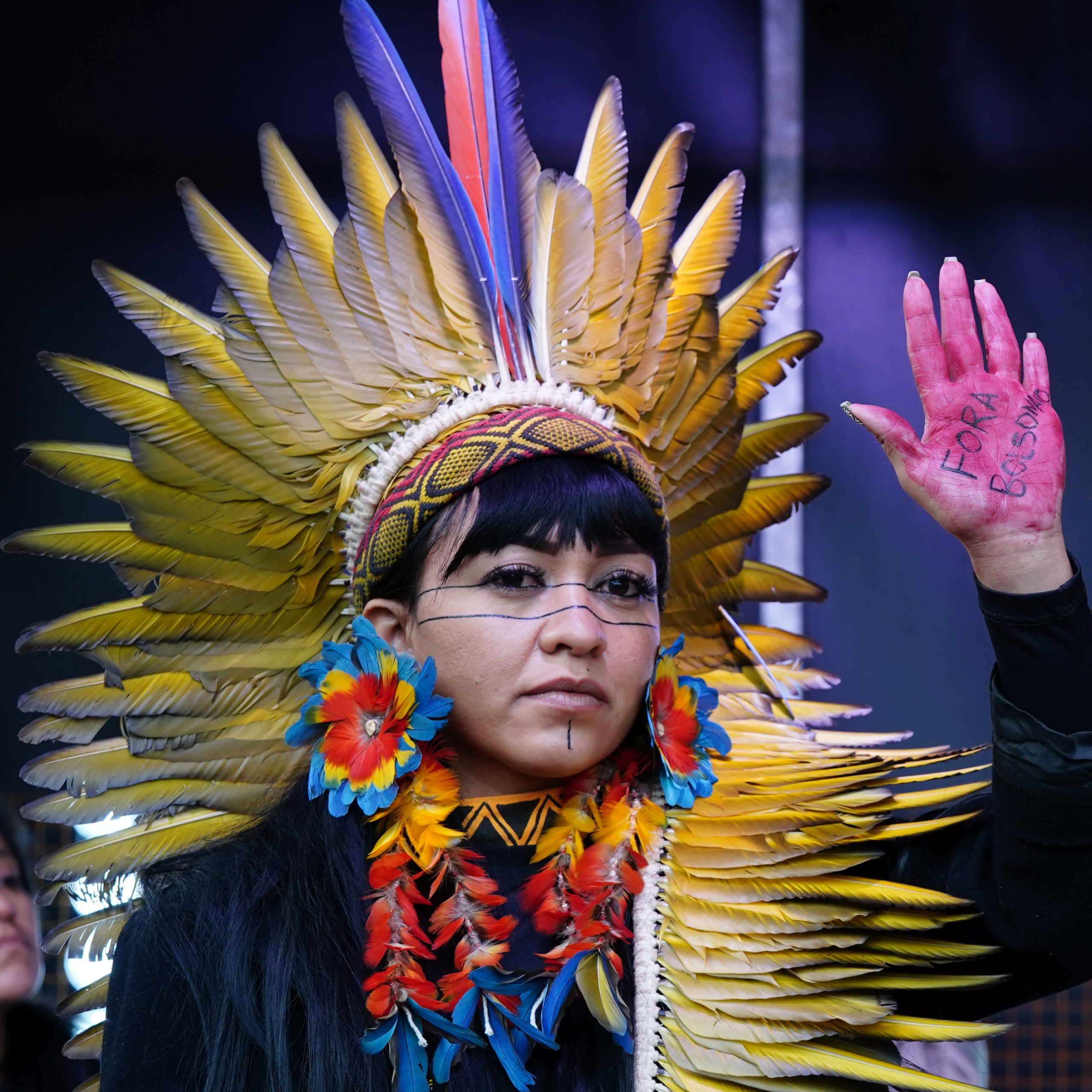For the last fortnight the media has been dominated by news of the COP26 conference. We’ve lived and breathed, along with the negotiators, each aspect of a potential final deal to tackle climate change once and for all. We’ve listened to leaders discuss how as a global community we must limit the global temperature rise to 1.5 degrees and where the political will is and is not for comprehensive change.
We’ve heard from global leaders, from the G7 and the G20. From the UN, the Commonwealth and every possible global coalition. We’ve heard from former elected leaders, religious leaders, activists, local government leaders and financiers who have all had their say in an effort to push those with power to make life-changing decisions for all of us. Yet as I write we still don’t know what the final deal will really promise and what is likely to be achieved from two weeks of talking.
I believe that talking is incredibly important, diplomacy is the most powerful tool we can have and there are never enough words. But in this case, I worry not about who we have heard from and not even about what the final deal may look like (although we desperately need united action), but rather I am horrified about who we have not heard from.
In the midst of this geo-political strategic negotiation, we seem to have heard from every stakeholder, every country and even many companies. Who we’ve heard very little from however are the people on the frontline of this crisis. Of the indigenous peoples whose lands and livelihoods are at threat from floods or famine. People who have been silenced by their governments, for decades, as they attempted to raise the impacts of pollution and climate change to their communities. People who were attacked by their own governments and corporations for undermining economic development and therefore persecuted and silenced for telling the truth about what was happening to their land and their people.
As the world gathered, it is their voices, those of indigenous communities, which needed to be heard, that could and should have acted as a galvanising force – emotive but factual testimony about what is really at stake. Instead, indigenous peoples around the world have been silenced. The impact of climate change has resulted in a climate of fear. A double whammy for those on the front line of this climate change disaster. It is their stories which Index has highlighted during COP26. With the support of the Clifford Chance Foundation we’ve been able to help tell their stories – both in our magazine and online. So please, take a minute and read their stories as we all consider what we need to do to help fix the planet.






